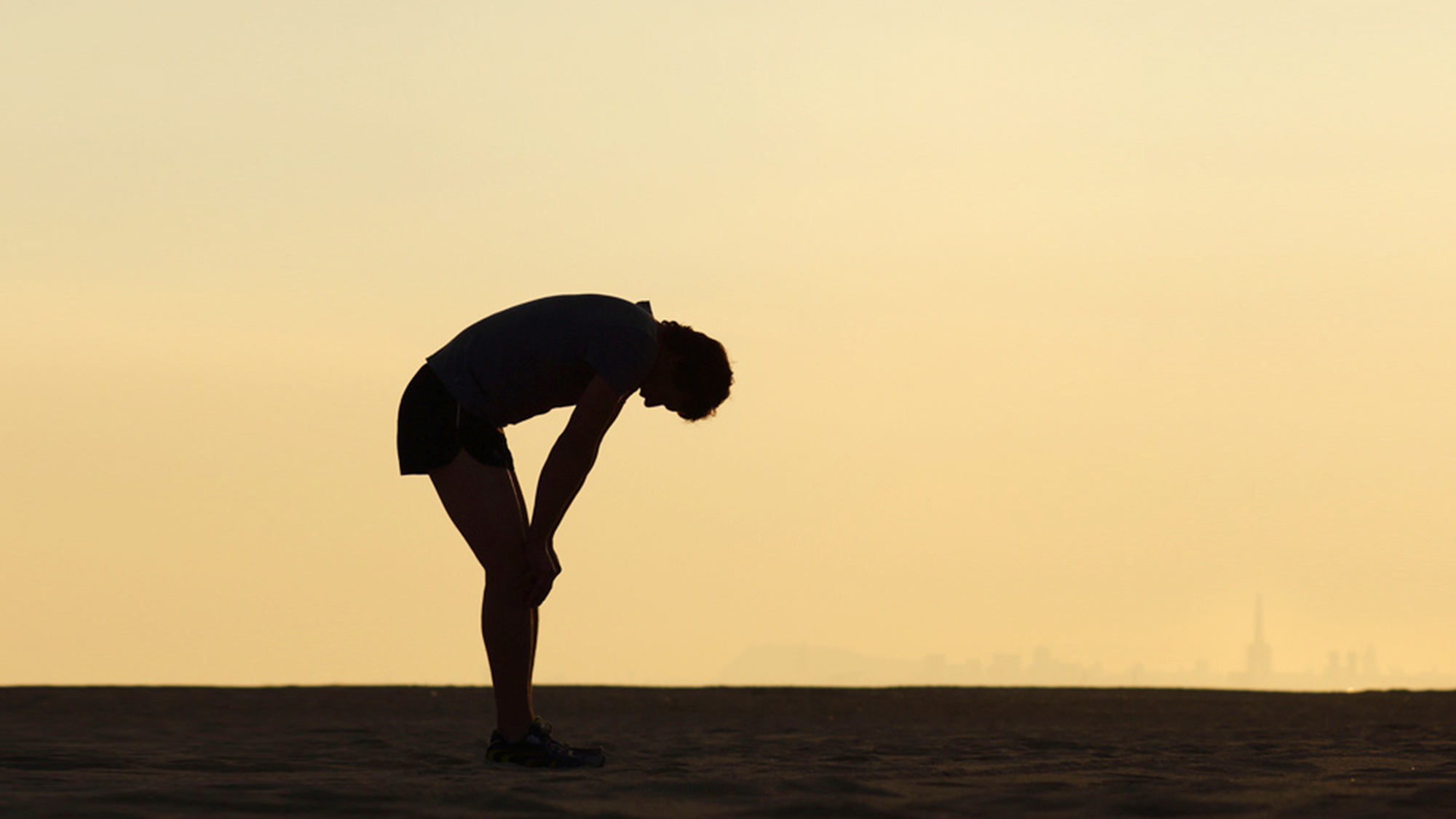In this day and age, it is something of a given that we live our lives 'on the go' nearly constantly. Rushing from one commitment to another with hardly any reprieve in between is a lifestyle that many of us tend to accept as an inevitability. In such a culture as this, a person's hobbies, passions, and general well-being can often take a backseat. In the context of HEMA - it means that sometimes it can be a real struggle just to be present, mentally and physically, at training.
This was abundantly clear to me in class last night. I left my A game at home.
I was beat from a long day, and already running only on a couple of hours sleep, as is too often my custom. I tried to compensate by downing a Red Bull before class and blasting some Iron Maiden on the drive over - futile attempts to induce some kind of alertness. My schedule is such that sword class is off the back of an already ten hour day - which is not at all ideal. Sword night is easily one of the highlights of my week, and I want to have the capacity to enjoy it and commit to it as much as I can. It's important to me that I have all cylinders firing in class - so when I feel like I'm not achieving that, it can be very defeating.
I was spacing out during demos, I was letting myself get distracted by other students and distracting them in turn. I felt embarrassed and angry at myself when I had to ask the instructor to show me the drill he had just demonstrated to the class thirty seconds ago - because apparently listening comprehension was not on the cards at that particular moment. I worry that my inattention may have been perceived as disinterest or rudeness. I worry that mental and emotional fatigue causes me to portray myself in a way that is contrary to how I might be otherwise.
Most importantly, my training was being compromised by something that I felt I had limited control over.

(Image credit: ten.co.uk)
Of course, we are our own worst critics. I think I still managed to keep up with everyone else, but it wasn't without great effort. It's entirely probable that nobody noticed me swearing at myself under my breath in frustration. It's entirely possible that they, too, were cursing themselves for their own perceived shortcomings with their training - but such are the workings of the human ego that this did not occur to me at the time.
What may have been helpful, I realize now - could have been to just be honest with my peers and instructor. Instead of hiding behind inane chatter and unintelligible grunting/swearing when I got a drill wrong, opening up to the people around me with a simple "Hey, I'm pretty burnt out tonight. Can we take it slow?" could have resulted in my being able to relax and, as a result, focus better.
My fellow fighters and my instructor are there to support me if I need it. What I have realised since last class is that I would do well to try harder to make use of that support instead of worrying about becoming burdensome. I know that if my drill partner were to share that they were feeling 'out of it', I wouldn't hesitate to accommodate them. That I don't seem to extend that same kindness towards myself is perplexing and hypocritical, and something to work on.
In martial arts, one might assume that displays of vulnerability would be frowned upon. In practical terms, being vulnerable means you are about to be struck. In point of fact, we are taught this every lesson when we learn to guard ourselves from each others' weapons. When it comes to a bout, vulnerability is weakness.
You could then be forgiven, I think, for allowing this attitude to bleed into your feelings and experiences as The Human Being - not just The Fighter.
A training space is naturally going to be an emotionally volatile area. People will be injured, they will make mistakes, they may act out, they may turn inwards on themselves. Whether we realize it consciously or not, when we train and spar together we are connecting in ways that people do not typically connect. While it is ultimately a controlled environment - there is, to me, an element of animalism - a shared experience that I have not come across anywhere else.
I have heard HEMA enthusiasts proclaim that "You don't really know somebody until you've fought them", and although I only have experience with basic sparring, I am already beginning to see truth in this. I think there is something intensely personal and intimate about sharing controlled, consensual violence with another person. It is not something you typically get to experience until you do a martial art. You are placing all of your trust in this person to not take advantage and cause you harm, and they are doing the same for you.
When I spar with someone, I gain insight about them that I couldn't obtain otherwise. This is a privilege that I do not take lightly.
Our class is still new. Our bonds are still forming. I haven't even sparred every student in the class yet. However, I think I have already formed bonds of trust and support with a few of my peers, as well as my instructor. The next time fatigue (or any other issue) gets in the way of my ability to drill or spar, I will be forthcoming about it.
And perhaps by speaking up, I can help to demonstrate that it is okay to do so.

So much this. You do have a way of putting your finger on it.
ReplyDeleteCould it be a female thing, not to speak up, not wanting to "make a nuisance of" ourselves? I've had a similar insight in a different context the other week, when I finally got over myself and *asked* our instructor for help with something. I got a few minutes 1:1 time and some homework to boot, which I've been practising fanatically in the garden for the past week.
So simple. Ask and you shall receive. Show up and speak up.
Thank you for sharing this :-)
I think that's certainly part of it. Not wanting to seem a nuisance, not wanting to seem like we're 'not getting it', all of those things. I'm happy to hear you've wrestled with it successfully. Thanks for reading!
ReplyDelete